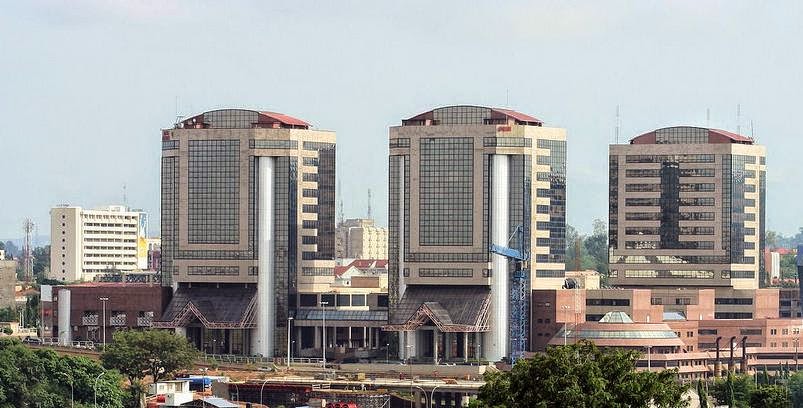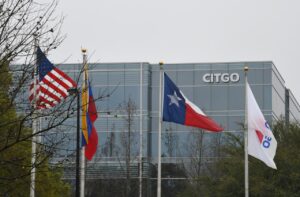
(Reuters, 12.Aug.2022) — Nigeria’s state-owned oil firm NNPC Ltd on Friday renewed oil production sharing agreements with international majors and local firms for five deepwater blocks that officials said could produce up to 10 billion barrels over the next 20 years.
Nigeria, a member of the Organization of Petroleum Exporting Countries, is heavily reliant on oil for its revenues, but has been unable to get the full benefit of a surge in energy prices this year as years of underinvestment have prevented it from meeting its OPEC output targets.
Mele Kyari, NNPC group chief executive, said investment had been slowed by disputes over revenues and taxes that stemmed from previous contracts.
Protracted negotiations had reduced “all ambiguities” to a minimum for the new 20-year contracts and any disputes related to past contracts had been settled amicably, he said.
Under the new contracts, the NNPC will work alongside local and international energy companies.
The international companies attended Friday’s signing ceremony but made no comment.
Bala Wunti, head of NNPC’s subsidiary National Petroleum Investment Management Services, said Friday’s signing should lead to the production of 10 billion barrels of oil.
NNPC jointly and separately owns the OML 128, 130, 132, 133, 138 blocks with oil majors Shell, Equinox, Chevron, ExxonMobil, China’s Sinopec and Nigerian firm South Atlantic Petroleum.
The most common partnerships used by Nigeria are joint ventures and production-sharing agreements, which were first introduced in 1993 and have cumulatively accounted for about 40% of Nigeria’s oil production, NNPC said.
The companies pay the government in the form of royalties and tax as well as providing the state with oil and gas.
____________________
Writing by MacDonald Dzirutwe, editing by Barbara Lewis

